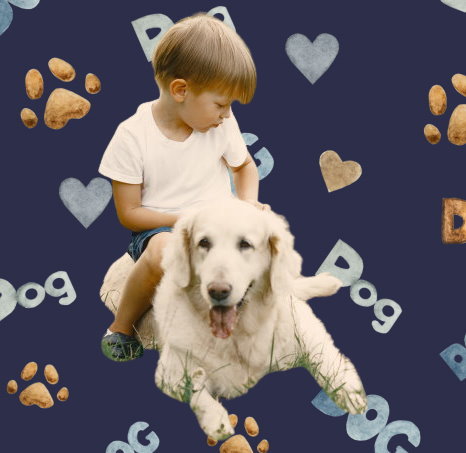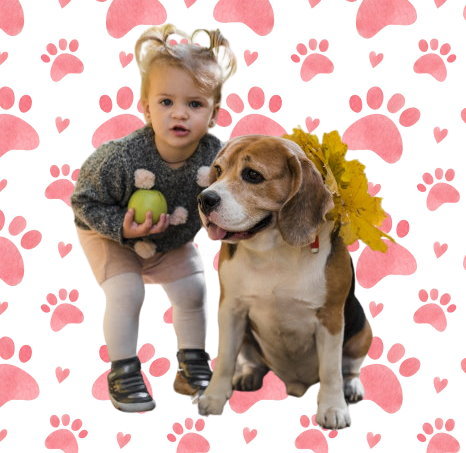Welcome to Dog Training Newbies !
Welcome to Dog Training Newbies !

Parvovirus is a highly contagious and potentially deadly virus that affects dogs, particularly puppies. Understanding how to prevent and treat this disease is crucial for any dog owner. With proper knowledge and care, you can protect your dog from this serious threat.
Parvovirus primarily affects the gastrointestinal tract, leading to severe vomiting, diarrhea, and dehydration. It spreads through direct contact with an infected dog or contaminated feces. The virus is resilient and can survive in the environment for months, making it easy to transmit. Puppies and unvaccinated dogs are especially vulnerable to infection.
The first step in preventing parvovirus is vaccination. Puppies should receive a series of vaccinations starting at six to eight weeks of age, with boosters every three to four weeks until they are 16 to 20 weeks old. Adult dogs should receive regular booster shots as recommended by their veterinarian. Vaccination is the most effective way to protect your dog from parvovirus.
In addition to vaccination, practicing good hygiene can help prevent the spread of the virus. Regularly clean your dog’s living area and wash their bedding and toys. Avoid places where unvaccinated dogs might congregate, such as dog parks or shelters, until your puppy has completed their vaccination series.


If you suspect your dog has contracted parvovirus, seek veterinary care immediately. Early diagnosis and treatment are critical for survival. Symptoms include lethargy, loss of appetite, fever, vomiting, and severe, bloody diarrhea. These symptoms can lead to rapid dehydration and require urgent medical attention.
Treatment for parvovirus focuses on supportive care. There is no specific cure for the virus, so veterinarians aim to manage symptoms and prevent secondary infections. Hospitalization is often necessary to provide intravenous fluids, electrolytes, and medications to control vomiting and diarrhea. Antibiotics may be prescribed to prevent bacterial infections, which can occur due to the compromised immune system.
Home care plays a significant role in a dog’s recovery from parvovirus. Once your dog is stable enough to leave the veterinary clinic, continue to follow your vet’s instructions closely. Ensure they have a quiet, comfortable place to rest and recover. It's important to keep them hydrated and gradually reintroduce food according to your vet's recommendations. A bland diet, such as boiled chicken and rice, is often recommended during the recovery phase.
Monitoring your dog’s progress is essential. Keep a close eye on their hydration levels and be alert for any signs of relapse, such as renewed vomiting or diarrhea. Regular follow-up visits with your veterinarian will help ensure your dog is recovering properly and receiving the care they need.
Preventing the spread of parvovirus to other dogs is crucial. If your dog has been diagnosed with parvovirus, isolate them from other dogs and disinfect their environment thoroughly. Use a diluted bleach solution to clean surfaces and items that may have come into contact with the infected dog. This helps reduce the risk of spreading the virus to other pets.
In conclusion, understanding and treating parvovirus requires a proactive approach to prevention and care. Vaccination is the most effective way to protect your dog, along with maintaining good hygiene practices. If your dog does contract the virus, prompt veterinary care and supportive home treatment are essential for recovery. By taking these measures, you can safeguard your dog’s health and prevent the spread of this dangerous virus.